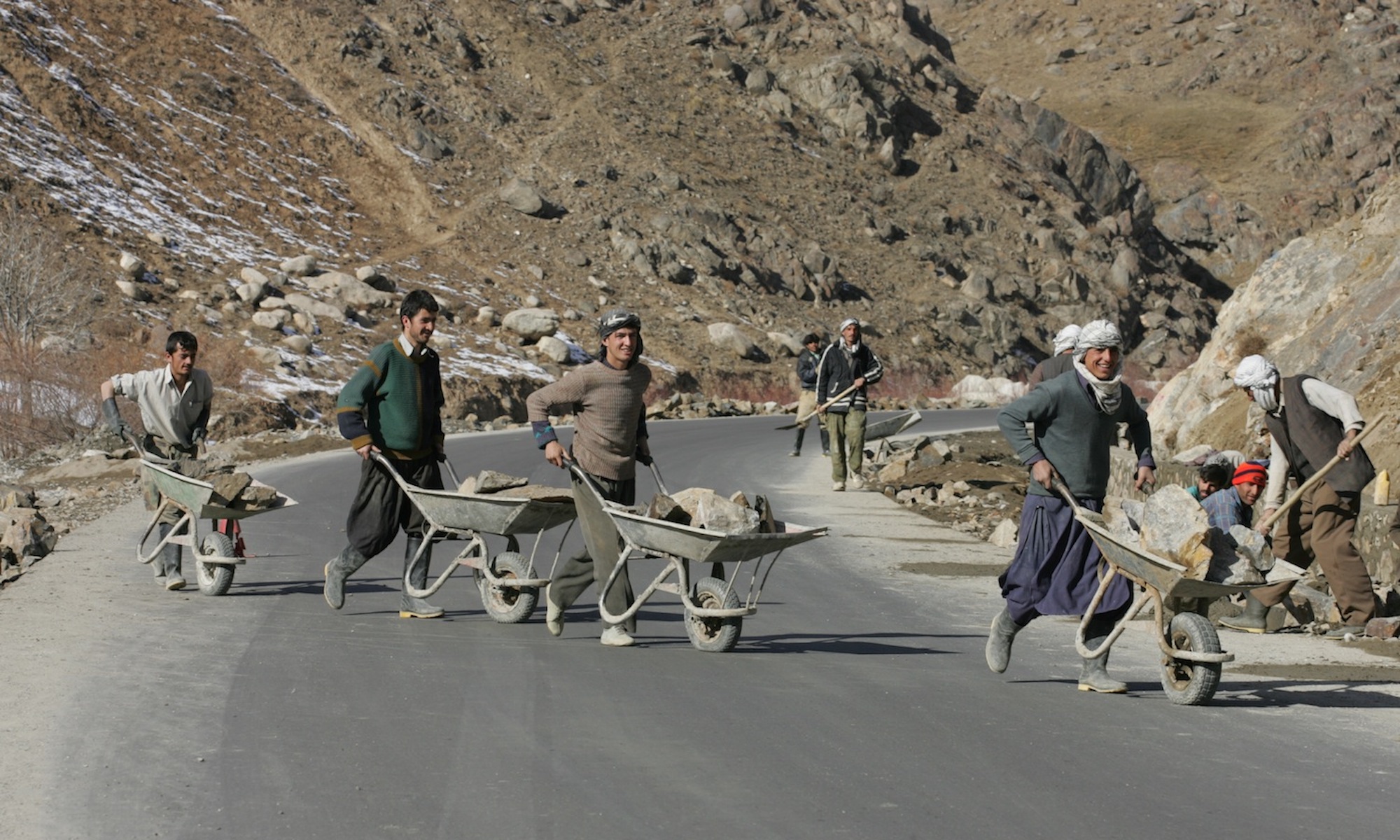When discussing the end of British colonial rule in Africa, many historians have highlighted the role of postwar international relations and the impact of domestic imperial politics on decolonization and have failed to recognize the role of African nationalists. This article argues that such a viewpoint is flawed because it conceives of colonial policy makers as isolated and autonomous entities impervious to changes taking place in the colonies. The national liberation movements in Ghana, Central Africa, Kenya, and other regions of East Africa are explored in this article to illustrate the central role that colonial subjects played in the British decolonization of Africa. While dominant scholarship on the failures of the post-colonial state has made studies of decolonization and African nationalism less fashionable, it is becoming increasingly clear that our understanding of the nature and mechanics of the crises that beset the continent requires taking fresh stock of the record of European colonial rule in Africa. In this regard, the study of colonialism and decolonization in continues to be of critical relevance.

INSCT Postconflict Research Database
The Institute for National Security and Counterterrorism's Postconflict Research Database & Analysis Project stores cross-indexed bibliographic information on hundreds of journal articles, books, book chapters, and case reports that address the broad, interdisciplinary fields of postconflict reconstruction, stabilization, and peacebuilding.